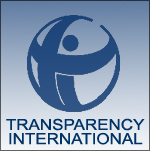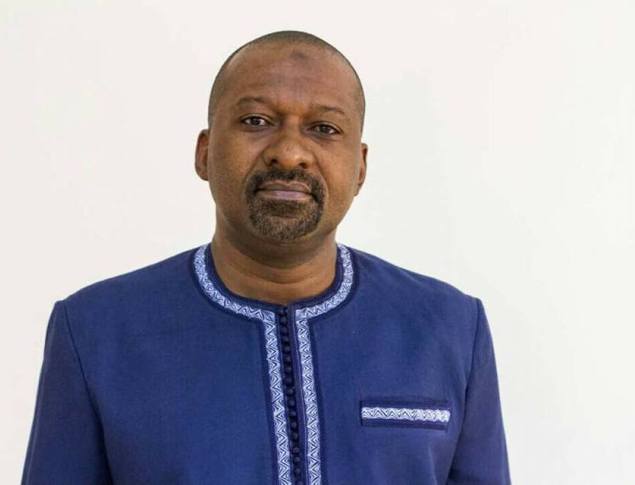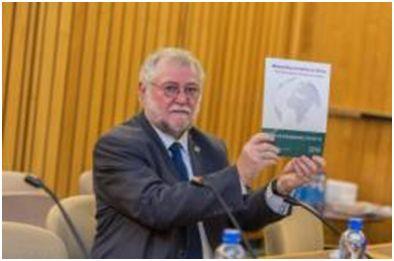Tackling corruption in Sierra Leone’s health sector
Transparency International keeps reminding us that, “Corruption in the health sector can mean the difference between life and death”. The level of corruption in the health sector of countries in developing nations is unfortunately high. The problem ranges from the illegal sale of counterfeit and substandard drugs to the imposition of unofficial charges to access healthcare, with vulnerable groups such as women and children mostly affected.
In Sierra Leone, services at state-run health clinics and hospitals are most times paid for or subsidized by the government in a bid to make them accessible to all irrespective of economic or social status. But the reality is that there are health workers who demand for money in cases where the service should be free, or impose extra charges in cases where cost should be very minimal. We have also heard of situations where free healthcare drugs that are meant to be provided at no cost are illegally sold to beneficiaries and private pharmacies and health clinics. We have heard about situations in which medical doctors make referrals to their ‘private clinics’- sometimes run in government facilities- in a bid to impose exorbitant charges from unsuspecting patients.
Successive governments have always prioritized the health sector with the largest budget support. The Government of President Ernest Bai Koroma, as part of its priority for the health sector, introduced the Free Healthcare programme for pregnant women, lactating mothers and children under five years. The government and its partners have been pouring so much funds and resources in the sector in a bid to tackle infant and maternal deaths. For the programme to effectively benefit the target groups, the government also improved the conditions of service for healthcare workers.
The decision by the government to increase the salary of the healthcare workers, one might expect, should have ensured that acts of extortion and imposition of extra charges will be curbed. To the dismay of many, reports of petty corruption such as the sale of ‘not-for-sale’ free healthcare drugs to the beneficiaries are widespread. This sometimes results in some beneficiaries, especially women in the rural areas, to resort to seeking the unsafe services of herbalists and traditional birth attendants.
The outbreak of the deadly Ebola disease exposed the problems the sector had been struggling with. It was during the outbreak that we obtained tangible evidence of how government hospitals and clinics lacked many essential logistics, including basic but life-saving gears as gloves. Even though some may quickly point the fingers at lack of government support for the deplorable state of health facilities, one may also highlight corrupt practices by the managers of such facilities as a major factor for this state of affairs.
As the government and its partners are in the process of heavily investing in the health sector as part of plans for post-Ebola recovery, another measure that should accompany such intervention is to address acts of corruption-be they petty or grand-within the sector. The state of the medical facilities in the country deserved much more than they were pre-Ebola. And it is my belief that the government and its partners will not achieve much in rebuilding the sector if such issues were left unchecked.
The Anti-Corruption Commission (ACC) has been calling on all ministries, departments and agencies of government (MDAs) to take the lead in addressing graft in their institutions by instituting anti-corruption measures consistent with the country’s National Anti-Corruption Strategy 2014-2018. The strategy provides for fighting corruption by MDAs taking ownership of the fight within their respective institutions. This requires the setting up of integrity management committees within the MDAs. The committees look out for opportunities for corruption within their institutions and finds ways to address them in a bid to ensure effective and efficient service delivery. At a time like this, the Ministry of Health and Sanitation should be seen at the forefront to institute anti-corruption measures in a bid to save the country from the calamity that befell its people during the Ebola outbreak. We will continue to experience problems in the country’s health facilities, not because of so-called ‘lack of government support’, but mainly because of the reluctance by health sector managers and administrators to instil values of integrity, transparency and accountability in the sector.
By Abubakarr Turay (ABT)
Stay with Sierra Express Media, for your trusted place in news!
© 2016, https:. All rights reserved.






